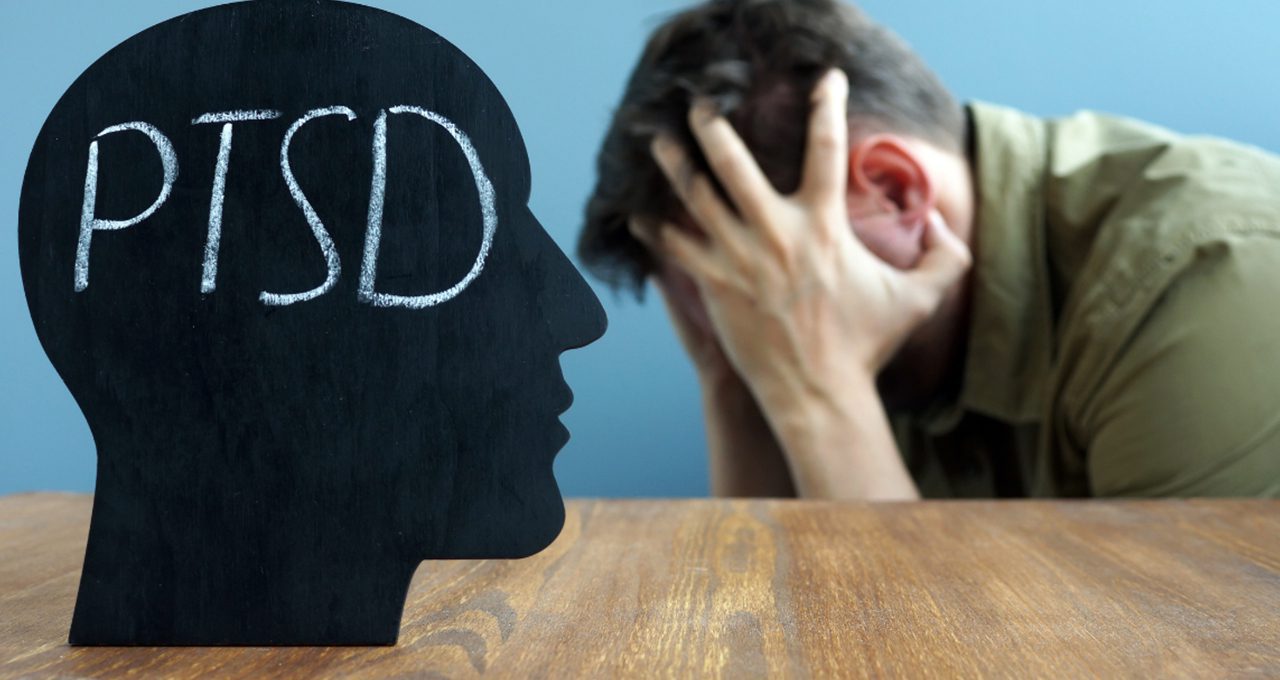Be it Complex PTSD or PTSD, trauma can affect your life significantly. When you experience a traumatic event, you are likely to experience symptoms like fear, sadness and guilt. These and other symptoms are signs of PTSD or Complex PTSD.
The brain’s main concern when it comes to experiencing and dealing with trauma is self-preservation. In many cases, people who experience trauma rarely remember all the details of the events. Some even block out the memories entirely. This process happens automatically, but the effects of trauma linger for months or years to come.
At Grey Matters of Carmel, we often work with patients who have experienced some level of trauma in their lives. Unfortunately, no one goes through life without something traumatic happening to them. But, did it cause PTSD or Complex PTSD? Let’s find out together.
What is Post-Traumatic Stress Disorder?
Post traumatic stress disorder (PTSD) and complex post traumatic stress disorder (C-PTSD) are both related to trauma but they have different symptoms and causes.
PTSD can occur when you experience, witness, or listen to a one-time traumatic life event. Common events include:
- Natural disaster
- Car crash
- Serious injury or illness
- Act of sexual violence
- Death of someone close
- War
- Terrorist event
Some people experience PTSD if they work in a department that constantly exposes them to other people’s trauma, for example a crisis counselor.
What is Complex Post-Traumatic Stress Disorder?
Complex PTSD, on the other hand, is a little more in-depth and tends to be more complicated than PTSD. Usually Complex PTSD is caused by multiple traumatic events in a person’s life, and is extremely common in domestic violence or abuse cases.
Events that cause C-PTSD can include:
- Being kidnapped or tortured
- Neglect, abuse or abandonment
- Domestic violence or ongoing abuse
- Living through a war since a long time
While C-PTSD and PTSD have more or less similar symptoms, these conditions may also present differently.

What are the Symptoms of PTSD?
Intrusion symptoms
They are also called re-experimenting symptoms and involve intrusive and sudden memories about the traumatic event. These are triggered by many things, such as situations or certain phrases. Symptoms include:
- Nightmares
- Flashbacks
- Frightening and intrusive thoughts
Avoidance symptoms
These are actions you take to avoid situations, places, feelings and thoughts that remind you of the traumatic experience. You may change your daily activities or routine even if it makes your daily life a bit hectic and difficult. For example, If you have witnessed or been in a car accident, you may avoid riding in a car. If you’ve been attacked by a dog, you might avoid dogs at all costs. This avoidance behavior is your brain’s way of protecting your body.
Arousal and reactivity symptoms
With PTSD, you can experience an increase in feeling anxious or high alert which can potentially disrupt your day-to-day routine.
Symptoms can include:
- Irritability
- Difficulty sleeping
- Hypervigilance
- Feeling easily startled
- Trouble concentrating
Cognition and mood symptoms
This can impact cognitive and mood functions. Symptoms include:
- Isolating from other people
- Difficulty enjoying activities
- Ongoing feelings of shame, guilt, and fear
- Negative, persistent beliefs about yourself and the world
- Difficulty remembering parts of the traumatic event
Clients with complex PTSD can be diagnosed with antisocial personality disorder or dissociative disorders. They show behavioral issues such as aggression, sexual impulsivity, substance abuse and impulsivity. They also tend to show extreme emotional issues, for example, depression, intense rage or panic.
Is PTSD and C-PTSD treated differently?
Treatments for C-PTSD and PTSD are similar. Main treatments include:
- Medication
- Psychotherapy
- EMDR
- Neurofeedback training
Therapy can help you develop coping tactics and give you tools to manage your trauma. For some, antidepressants are also helpful in managing their symptoms. People suffering from C-PTSD may need a long term treatment as compared to patients of PTSD.
How do You Move Forward?
Living with these conditions can be a challenge, our owner knows best as she was treated for Complex PTSD with Neurofeedback only. Getting timely treatment is key as it will prevent your mental health from getting worse. It may mean seeking out a professional who can identify the issue and guide you through solutions. Here at Grey Matters, we provide neurofeedback training, which involves correcting inefficient neural pathways your brain has developed as a result of trauma.
Our medication-free approach not only helps mitigate symptoms related to PTSD, but it can also help with your gut health, anxiety, and depression, meaning you don’t have to live with your poor mental health forever! Schedule your free consultation with Grey Matters of Carmel today, and let’s find the solution to a better you!
Photo: Canva – SDI Productions via Getty Images
Photo: Canva – designer491 via Getty Images


